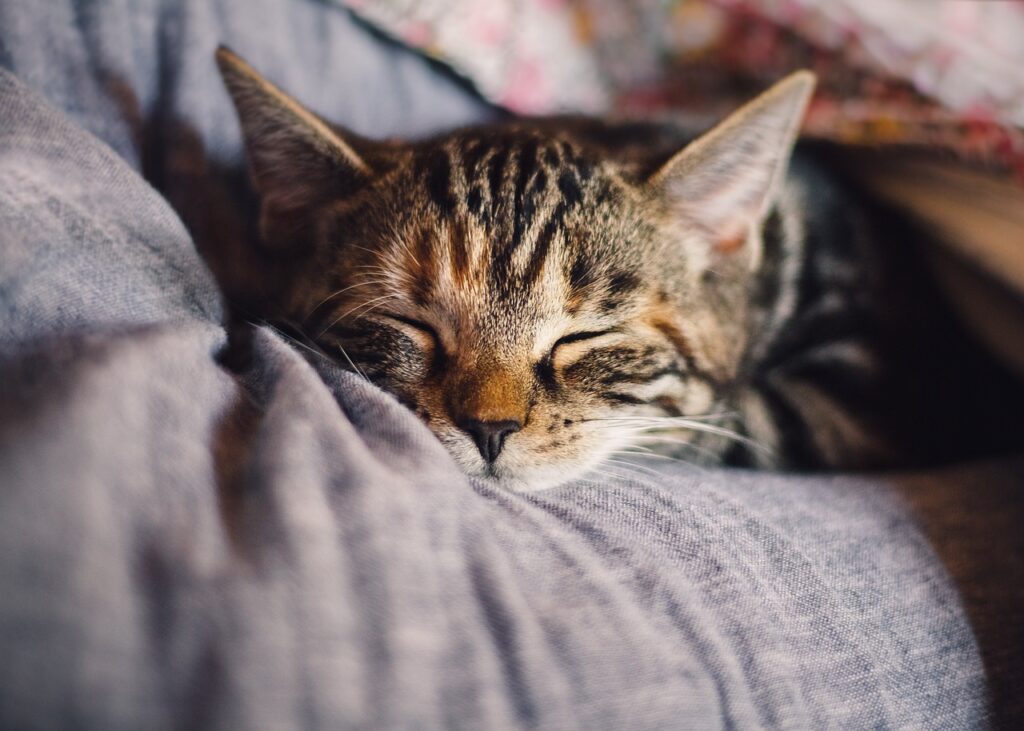Can Cats Eat Raisins? – No, They Can’t
Cats should definitely steer clear of raisins. As tempting as it may be to share your snack with your feline friend, raisins are a known health hazard to cats. These dried grapes can cause kidney failure in cats, which can be life-threatening. Understanding this risk is crucial for cat owners to protect their pets from harm.
Is It Safe for Kittens to Consume Raisins?
No, kittens should not consume raisins at all. Given their smaller size and developing bodies, kittens are even more sensitive to the toxic effects of raisins. Ensuring your kitten avoids this food is a critical part of pet care for their safety and well-being.
Risks Associated with Feeding Raisins to Kittens
When it comes to kittens, their immature organs can’t handle the toxins present in raisins, potentially leading to acute kidney failure. Even a small amount can cause serious health issues, such as dehydration, a lack of appetite, and lethargy, which can quickly escalate to life-threatening conditions without immediate veterinary intervention.
Why Raisins are Not Recommended for Cats
Potentially Toxic Substances
The exact compound in raisins that makes them toxic to cats is not fully understood, but it’s clear that something within these dried fruits can cause rapid kidney failure. This failure to process and eliminate waste products from the blood can lead to a build-up of toxins throughout a cat’s body.
Gastrointestinal Distress
Cats that ingest raisins may experience vomiting or diarrhea as their body attempts to rid itself of the toxic substance. This can lead to dehydration and an imbalance in electrolytes, which is particularly dangerous for cats due to their small body size and unique physiology.
Long-Term Health Problems
Aside from immediate distress, consuming raisins can lead to long-term health issues in cats, including chronic kidney disease. This condition can greatly diminish a cat’s quality of life, requiring ongoing medical treatment and special dietary considerations.
Known Health Issues in Cats from Consuming Raisins
Cats that have consumed raisins may develop signs of kidney failure, such as decreased urination, lethargy, or a sudden loss of appetite. In some cases, symptoms might not appear for days after ingestion, making prompt veterinary attention critical to identify and mitigate potential damage.
What to Do If a Cat Has Consumed Raisins?
- Immediate Veterinary Care: If you suspect your cat has eaten raisins, seek emergency veterinary care as soon as possible. Time is crucial, and prompt treatment can greatly increase chances of recovery.
- Induce Vomiting: Only under the guidance of a veterinarian should you consider inducing vomiting to prevent further absorption of the toxins.
- Provide Supportive Care: After immediate treatment, follow your vet’s advice for supportive care, which may include a special diet, medications, and ongoing monitoring of kidney function.
Safe Alternatives to Raisins for Cats
Consider offering cat-safe treats that are free from harmful substances. Fresh, lean meats like chicken or turkey, commercial feline treats designed for their dietary needs, and small portions of certain fruits like melon or apple (without seeds or core) are safe options to pamper your pet.
Conclusion
To ensure the safety and health of your beloved feline, keeping raisins out of their diet is essential. Stick to cat-friendly foods and consult with your vet for treat suggestions that will not put your pet’s health at risk. Remember, when it comes to your cat’s diet, it’s always better to err on the side of caution.



